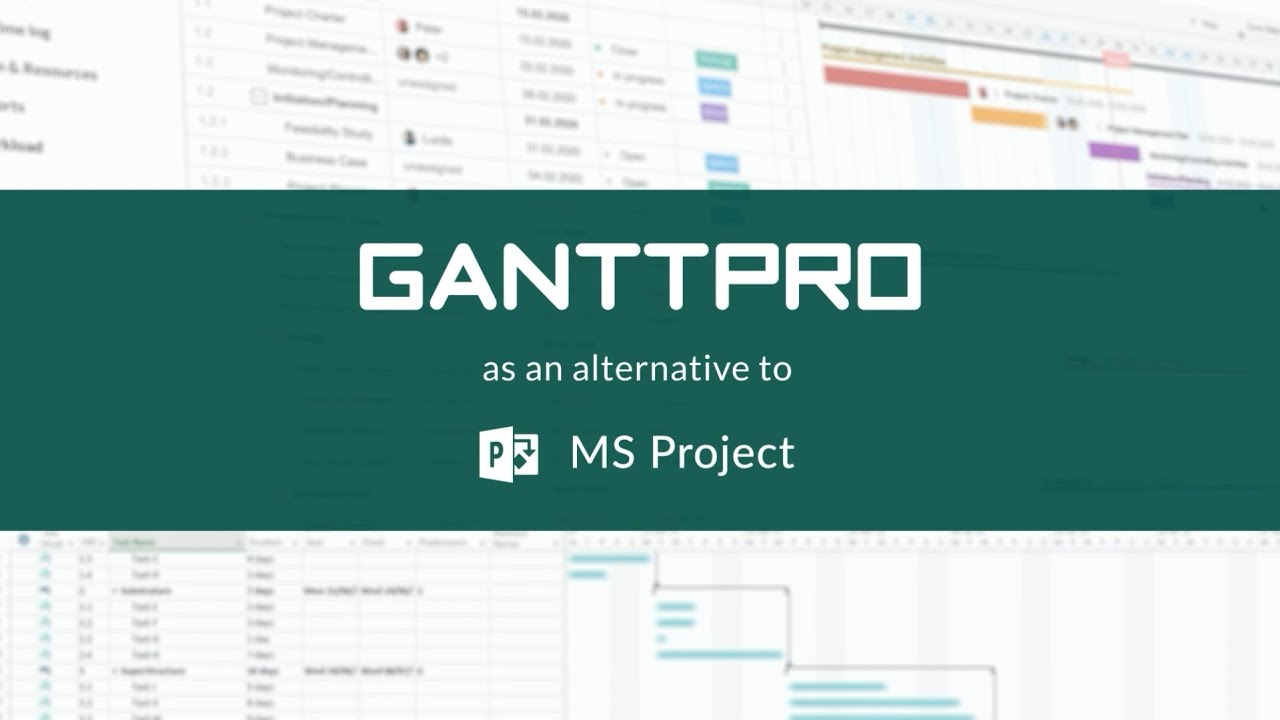How does cost management interact with project planning, scheduling, and control?
Cost management is a critical aspect of project management that involves establishing budgets and tracking expenses to ensure that projects are completed within their financial constraints. Interaction between cost management and other project elements such as planning, scheduling, and control is essential for the successful completion of any project. In this article, we will explore the relationship between cost management and project planning, scheduling, and control.
Project Planning and Cost Management
Project planning is the first step in developing a project timeline and determining the resources needed to complete it. During the planning stage, project managers must consider the costs associated with each task and determine the budget for the entire project. A Gantt chart is an effective tool for visualizing the project timeline and tracking progress.
Cost management is closely linked to project planning as it involves determining the budget for the project and ensuring that all expenses are tracked and accounted for. This information is then used to monitor progress and make adjustments to the project timeline as needed. Project managers must consider the costs associated with each task, including materials, labor, and equipment, to ensure that the project stays within budget.
“Cost management is not just about controlling costs; it’s about controlling the project.” - Mark C. Baer, Author and Project Management Expert
To effectively manage costs, project managers need to have access to accurate and up-to-date information. They should use online Gantt chart software such as GanttPRO, Microsoft Project, Wrike, ClickUp, Monday.com, Smartsheet, etc. to track expenses, monitor progress, and identify potential cost overruns. These tools can also help project managers to identify areas where costs can be reduced, such as by using less expensive materials or streamlining processes.
Project Scheduling and Cost Management
Project scheduling is the process of defining the timeline for a project and determining the start and end dates for each task. This information is used to create a Gantt chart that shows the relationship between tasks and the overall timeline for the project.
Cost management plays an important role in project scheduling as it ensures that the project stays within budget. Project managers must consider the costs associated with each task when determining the start and end dates for each task. For example, if a task requires expensive materials, it may need to be scheduled earlier in the project timeline to ensure that there is enough time to secure the necessary funds.
Additionally, project managers must also consider the costs associated with delays and schedule changes. For example, if a task is delayed, it may increase the overall cost of the project if additional resources are required to complete it. By closely monitoring project expenses and making adjustments to the schedule as needed, project managers can ensure that the project stays within budget.
“Project scheduling is the backbone of project management, and cost management is its lifeblood.” - John L. Esposito, Author and Project Management Expert
Project Control and Cost Management
Project control is the process of monitoring progress, identifying deviations from the project plan, and taking corrective action to get the project back on track. During project control, project managers must closely monitor project expenses and compare them to the project budget to ensure that the project stays within its financial constraints.
Cost management is essential for effective project control as it provides project managers with the information they need to make informed decisions about the project. For example, if project expenses are higher than expected, project managers may need to adjust the project timeline or reduce the scope of the project to stay within budget. By closely monitoring project expenses, project managers can identify potential cost overruns early and take corrective action to keep the project on track.
“Project control is the key to delivering projects on time, on budget, and to the satisfaction of all stakeholders.” - Michael Port, Bestselling Author and Speaker
In conclusion, cost management plays a critical role in project management and is closely linked to project planning, scheduling, and control. Project managers must closely monitor project expenses and make adjustments to the project timeline and scope as needed to ensure that the project stays within budget. By using effective tools and techniques, project managers can ensure that projects are completed on time and within budget, delivering value to all stakeholders.

